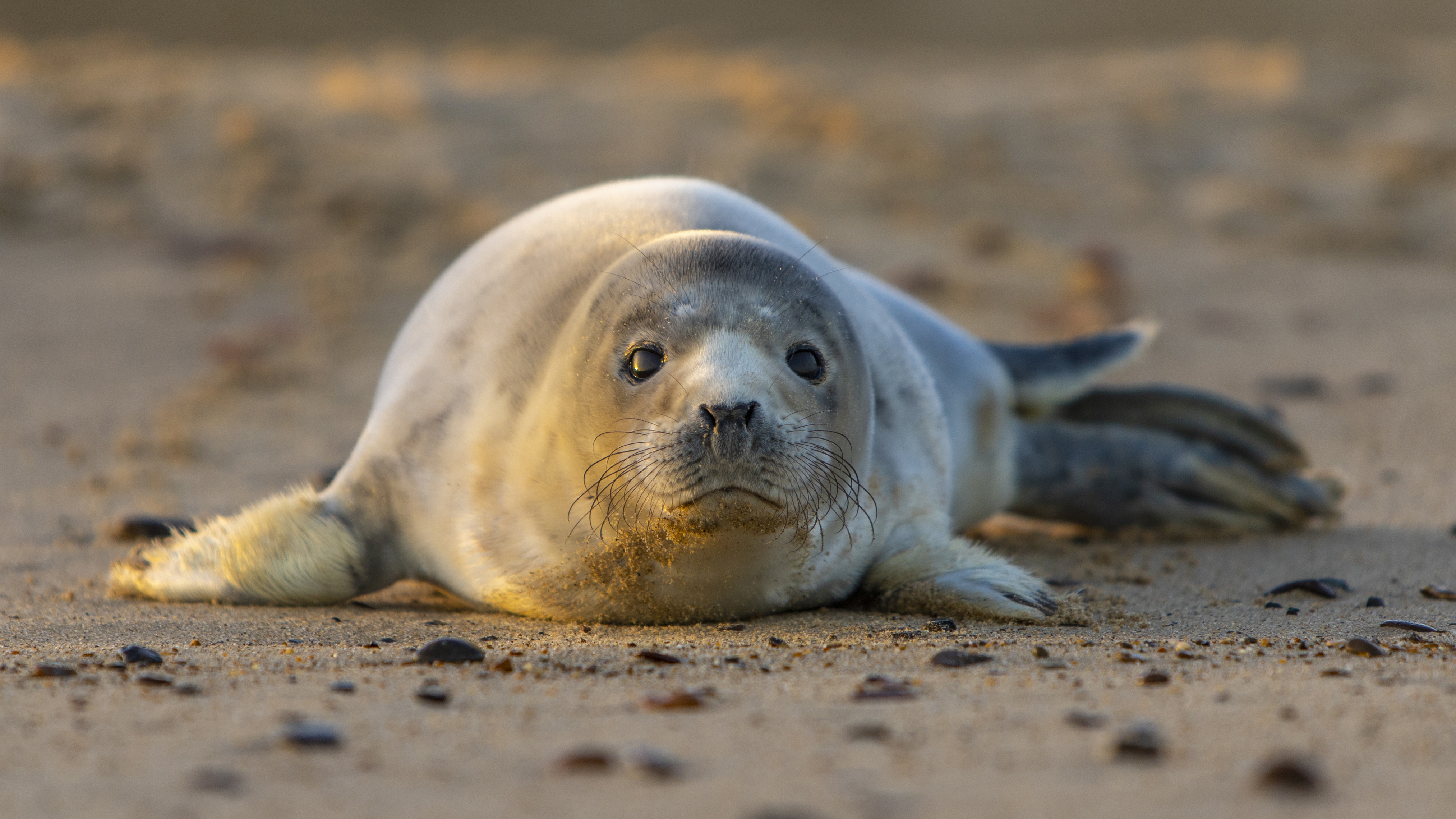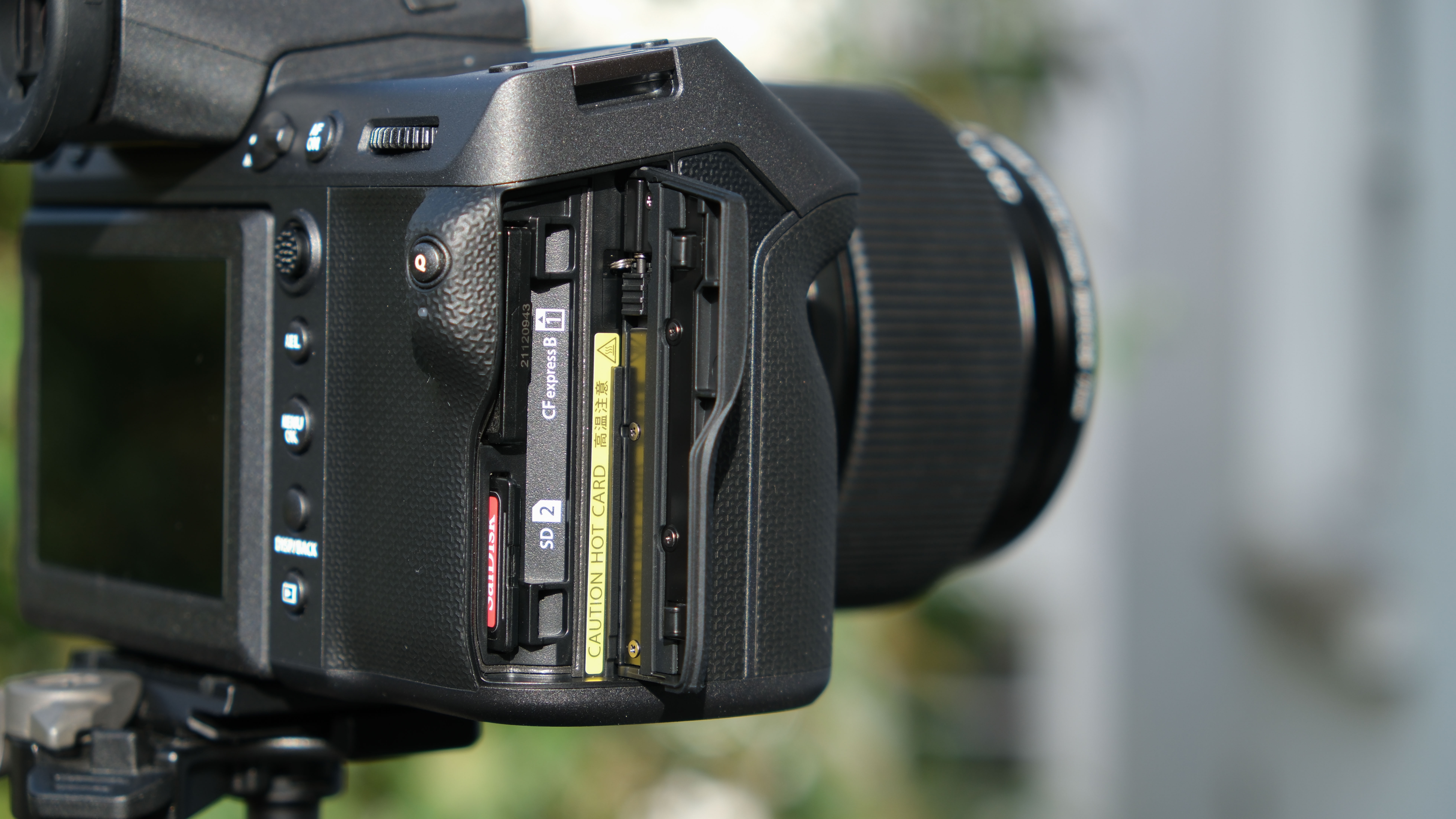Photography isn’t improving? Technique will only get you so far – maybe it’s time to head outside your comfort zone
If your photography isn’t improving and you only photograph the same subjects and visit the same locations, maybe it’s time to shake things up

The best camera deals, reviews, product advice, and unmissable photography news, direct to your inbox!
You are now subscribed
Your newsletter sign-up was successful
If you feel like you’re not getting any better at photography, you might be focusing too much on technique and not enough on external factors such as location, lighting and subject. Think of the old adage, you’ve got to be in it to win it. Well, you’ve got to see it to snap it.
If you pore over Wildlife Photographer of the Year, dreaming of capturing such exquisite images, but only photograph the same squirrels and birds from your garden, in the middle of the day, you’re only training within a few limited scenarios.
The same goes for any other genre. Perhaps you’re a landscape photographer who yearns to capture ethereal vistas, but only takes photos during sociable hours on holiday hikes with the family. Imagine how much you’d learn if you began to broaden your horizons and push the photographic boat out.
If a hypothetical wildlife photographer starts to venture beyond the confines of their garden, up at the crack of dawn or out until nightfall, they’ll begin to witness other animals, which present new challenges.
Perhaps they begin to notice roosting insects, which prompts a little macro or close-up photography, or they come across a den of foxes, which they can document over the coming months. Maybe, they decide to invest in a flash and infrared trigger to photograph bats.
The same goes for the hypothetical landscape photographer who starts to visit landscape hotspots, without the family in tow, so they're not burdened by time constraints.
This encourages them to slow down, search meticulously for interesting compositions, and encourages them to purchase a set of filters so they can capture long exposures. They, too, begin to venture out early so they can capture first light or stay out late so they can photograph sunset and blue hour.
The best camera deals, reviews, product advice, and unmissable photography news, direct to your inbox!
Photography is a skill, and like any skill, practice makes perfect. But only the right practice. If you’re learning to play the piano, but you only play from the same entry-level songbook over and over again, you’ll eventually hit a plateau. Only by attempting different and more challenging songs will you break the cycle.
You might be thinking that some of the world’s greatest photographers capture the same thing again and again. And while that can be true, it’s highly likely they put the hard graft in first and then specialized – or they seek variation within their chosen niche.
If all you want to do is photograph birds in your garden, there’s nothing wrong with that. But you can still find variation within the constraints you’ve imposed. You can still photograph the birds at different times of day, with different lighting. Attempt to photograph different behaviors such as feeding, fighting and mating. Photograph adults, fledglings, groups, environmental shots, close-up portraits… the list goes on.
If you’re stuck in a rut, you need to change something, and if your technique isn't lacking, change up your subject. A few weeks of following this approach, and I’m certain you’ll notice an improvement.
You might also like...
Check out the best camera for wildlife photography and the best camera for landscape photography. Plus, here are my landscape photography tips.

Mike studied photography at college, honing his Adobe Photoshop skills and learning to work in the studio and darkroom. After a few years writing for various publications, he headed to the ‘Big Smoke’ to work on Wex Photo Video’s award-winning content team, before transitioning back to print as Technique Editor (later Deputy Editor) on N-Photo: The Nikon Magazine.
With bylines in Digital Camera, PhotoPlus: The Canon Magazine, Practical Photography, Digital Photographer, iMore, and TechRadar, he’s a fountain of photography and consumer tech knowledge, making him a top tutor for techniques on cameras, lenses, tripods, filters, and more. His expertise extends to everything from portraits and landscapes to abstracts and architecture to wildlife and, yes, fast things going around race tracks...
You must confirm your public display name before commenting
Please logout and then login again, you will then be prompted to enter your display name.
